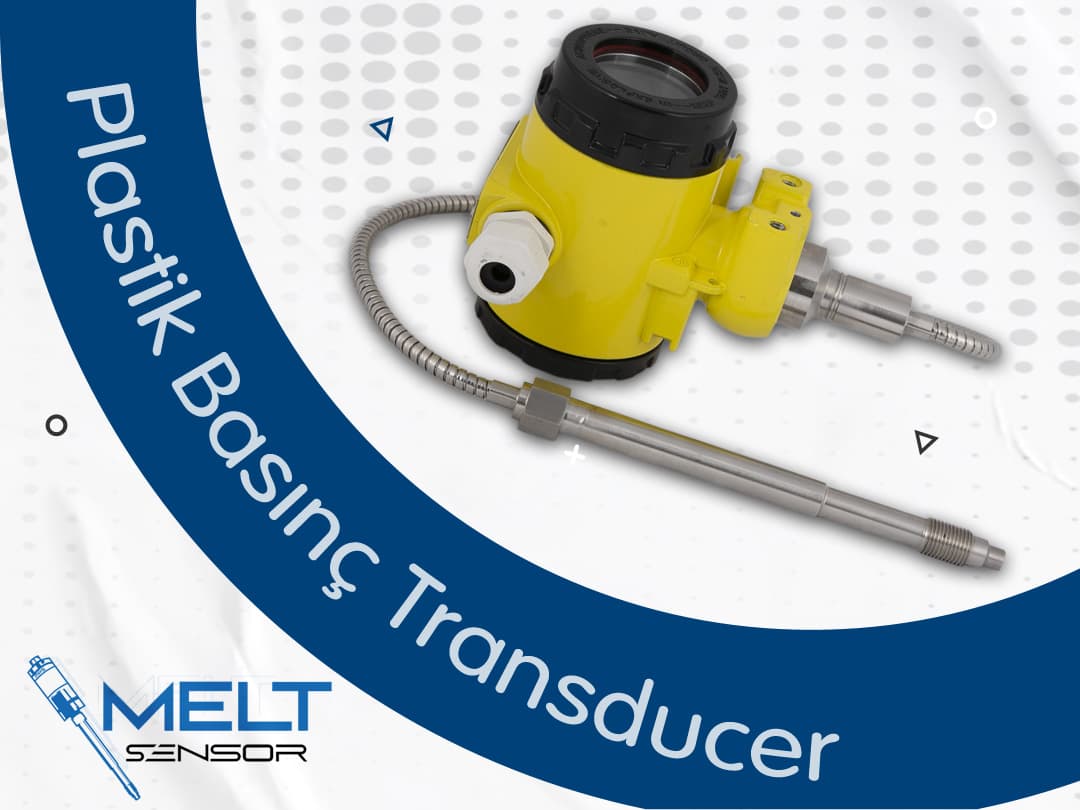
10
01 2025
Plastic Pressure Transducer
Plastic Pressure Transducer is a pressure measuring device with a plastic body, used to measure liquid and gas pressure, especially in chemical and corrosion risk environments. Transducers convert the measured pressure into an electrical signal and transfer it to automation and control systems. Plastic pressure transducers generally offer lightweight, cost-effective and corrosion-resistant solutions.
Plastic Pressure Transducer Features
Body Material:
Manufactured from durable and corrosion-resistant plastics such as PVC, PVDF, PP or PTFE.
Provides safe use in acidic or basic environments.
Pressure Measurement Range:
Generally measures between 0-10 bar, 0-25 bar or 0-100 bar.
There are models suitable for different applications.
Output Signal:
Analog: 4-20 mA, 0-5 V or 0-10 V.
Digital: Can work with Modbus, HART or CANBus protocols.
Accuracy:
Provides precise measurement with ±0.25% - ±0.5% accuracy.
Connection Type:
Plastic threaded connections or flanged connections can be used.
Common connection standards: 1/2" NPT, 1/4" NPT or special sizes.
Temperature Resistance:
Operating temperature generally varies between 0°C and 80°C.
Special models can withstand higher temperatures.
Protection Class:
It is resistant to water and dust with protection classes such as IP65, IP67 or IP68.
Energy Consumption:
It can be used in battery-supported systems thanks to its low energy consumption.
Advantages
Corrosion Resistance: It has a long life in aggressive environments such as chemical plants and water treatment systems.
Lightweight and Portable: Plastic body is lighter than metal transducers.
Economic Solutions: It is less costly than metallic models.
Easy Installation: It provides easy installation thanks to its lightness and design.
Things to Consider
Process Temperature and Pressure:
The maximum temperature and pressure of the medium to be used must not exceed the limits of the transducer.
Chemical Compatibility:
Ensure that the liquid or gas to be measured is compatible with the transducer material.
Mounting and Calibration:
The instrument must be mounted correctly and calibrated periodically.
Electrical Compatibility:
You must select an output signal type that is compatible with your existing system.
Popular Brands
WIKA Plastic Transducers: Cost-effective, durable solutions.
Labom: Special models for chemical and pharmaceutical applications.
Anderson-Negele: Hygienic designs for the food and pharmaceutical industry.
Setra Systems: Accuracy over wide temperature and pressure ranges.